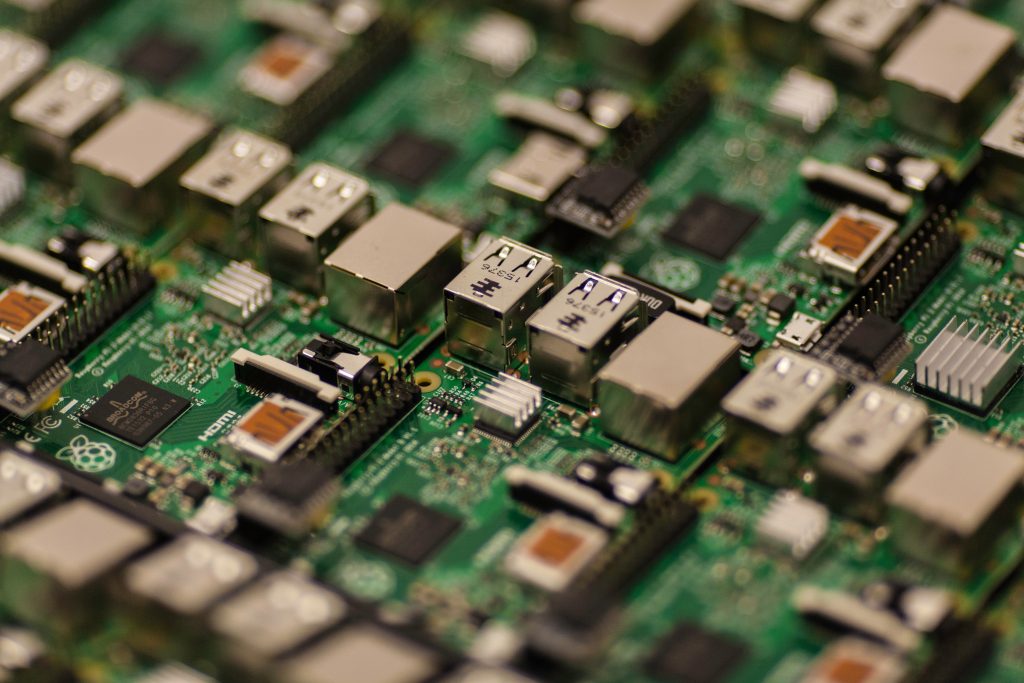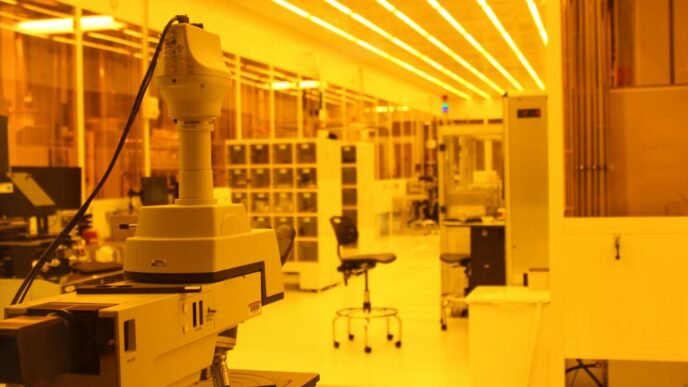Technological Innovation is a broad term of technological innovation. While technological innovation is a fairly well-defined concept, perhaps best defined as the creation of new or modified goods or processes for the use of human beings, it often has a wide range of meaning to most individuals, especially many in the business and academic worlds. Often to the consternation of those who would define or otherwise regulate the field, technological innovations are frequently treated as mere “brilliant ideas,” “surely groundbreaking achievements,” “a real breakthrough,” or “the next big thing.” This defies a simple understanding of what technological innovations are or what their true definition should be. There are also many who question, on various levels, the value of such innovations.
The most common and problematic form of technological innovation occurs when new products or processes are released without the proper research and development that came with the original product or process. Often time this results in “copying” or what is sometimes referred to as “displacement.” In the case of a new product, the consumer might not receive the benefits initially seen with the original product, but they may still have gained something through the use of the new product. However, in the case of process innovation, that value gap is often created by the fact that the innovated process did not come about through the proper planning and research. In this case, there is no value in the product, because it could have been made by another process or product.
When examining the value and necessity of technological innovations, one must also examine whether or not such innovations serve the public good. Economists such as Schumpeter argue that technological innovations may sometimes displace more useful and important human resources, creating a setback in economic growth. Still, Schumpeter does agree that technology has been great for increasing economic productivity, pointing to the tremendous development of the modern era.

One of the most common forms of technological innovations takes the form of computer software. Advances in chip and computer chip technology have enabled the creation of incredible new computer programs. While these programs are generally beneficial to society, they have also created a wealth of opportunities for entrepreneurs who can now produce proprietary software that allows for the protection of intellectual property. Thus, when a company develops a new software program, it often displaces or even creates competition for existing software programs that have already been developed by another company.
The other side of the coin is the creation of new knowledge. Technological innovations, while often very beneficial to society, can also occasionally create problems for the public. Sometimes, the new knowledge created by the innovation process is so great that society as a whole needs to be educated about the new innovation before it is introduced into the marketplace. For instance, when airplanes were first introduced into the marketplace, many people were unaware of their safety and did not know how to fly. This created a need for lots of basic research, which created the information highway, which connected all aspects of society from doctors and teachers to passengers and truck drivers.
Technological innovations may have some drawbacks, especially when a company must compete with existing products and services. Therefore, the public must be prepared to deal with the public’s resistance to new technologies. However, over time, as the effects of new technology become clear, the new technologies may prove to be more beneficial than the public’s fears.












